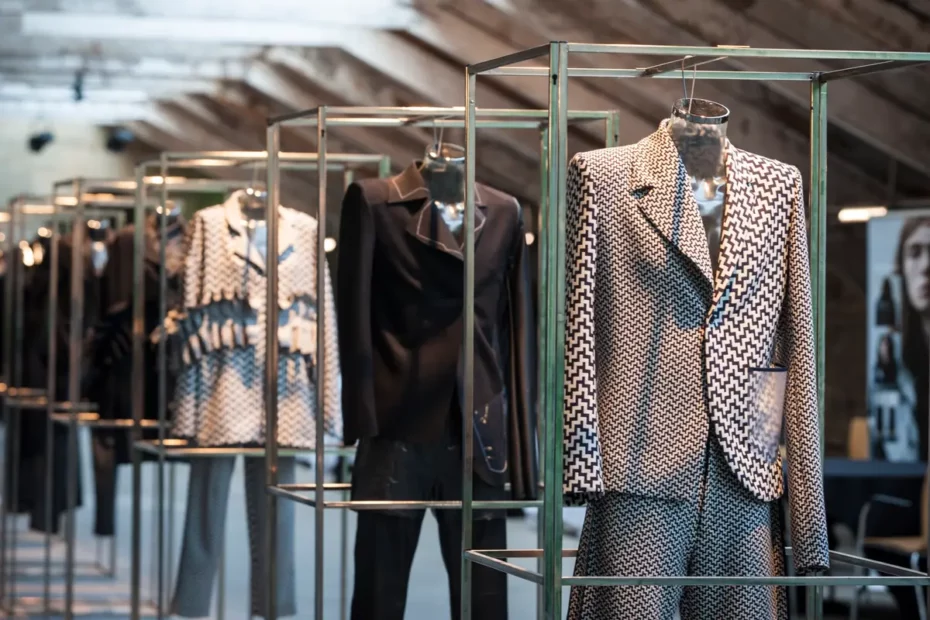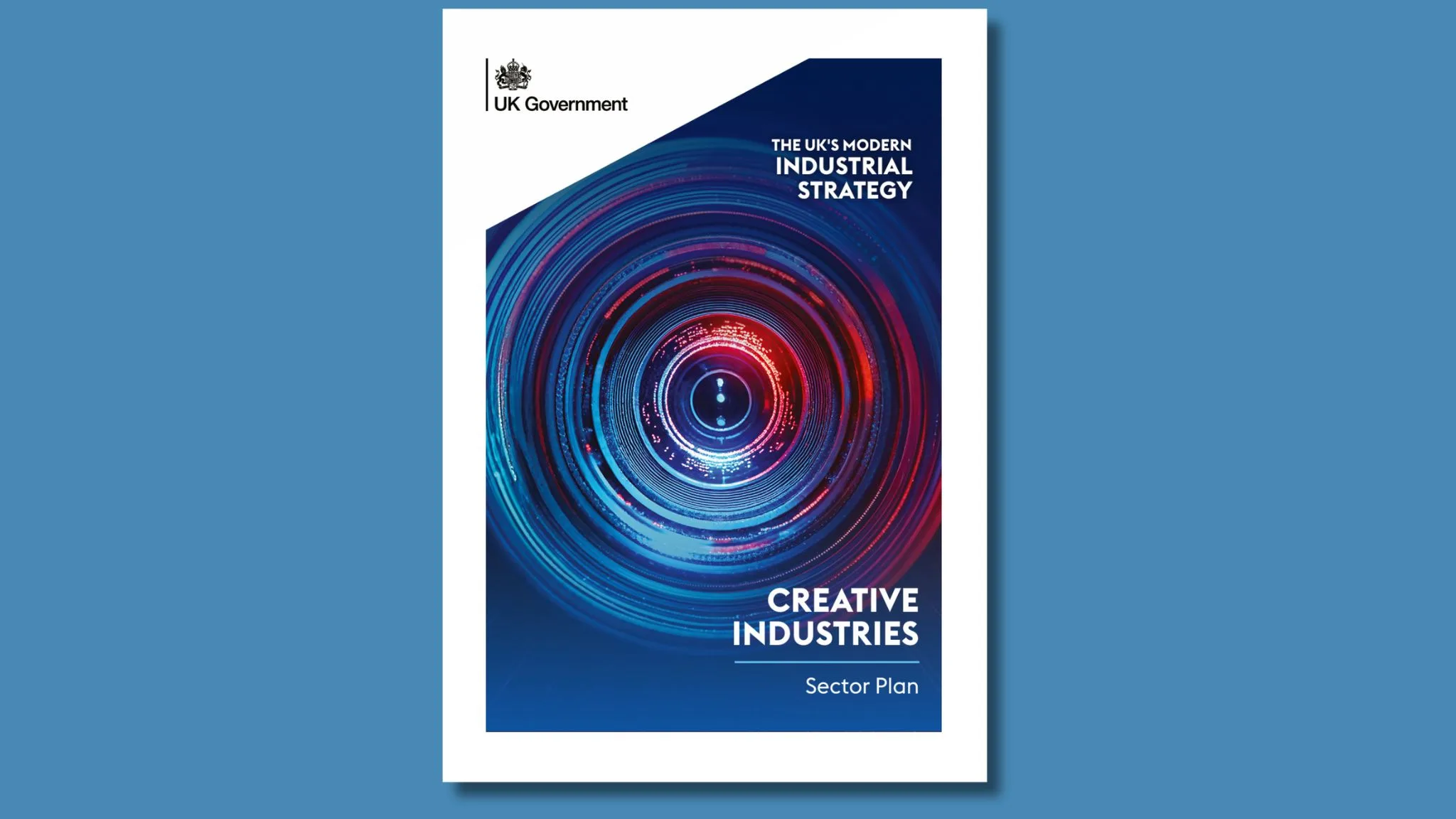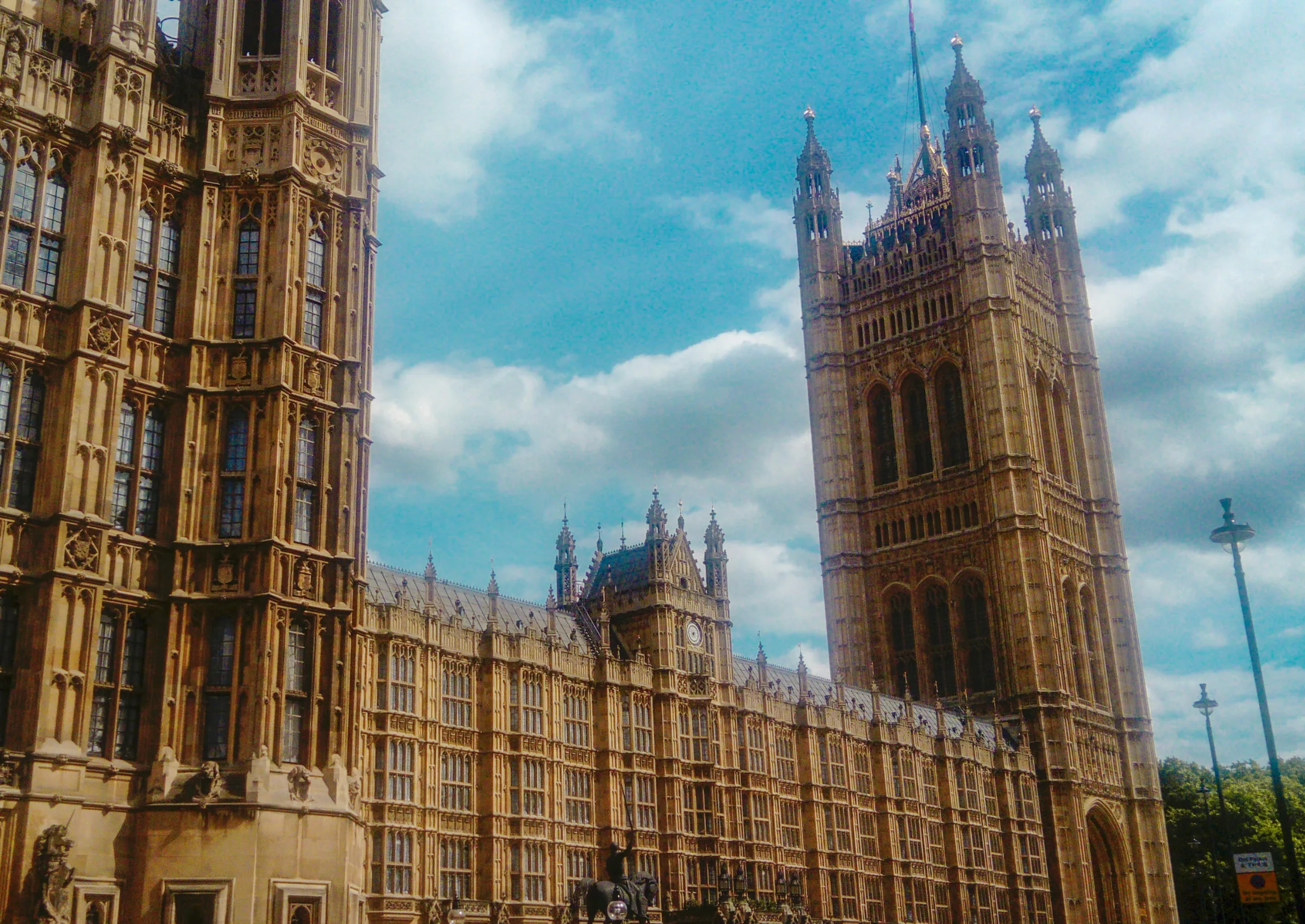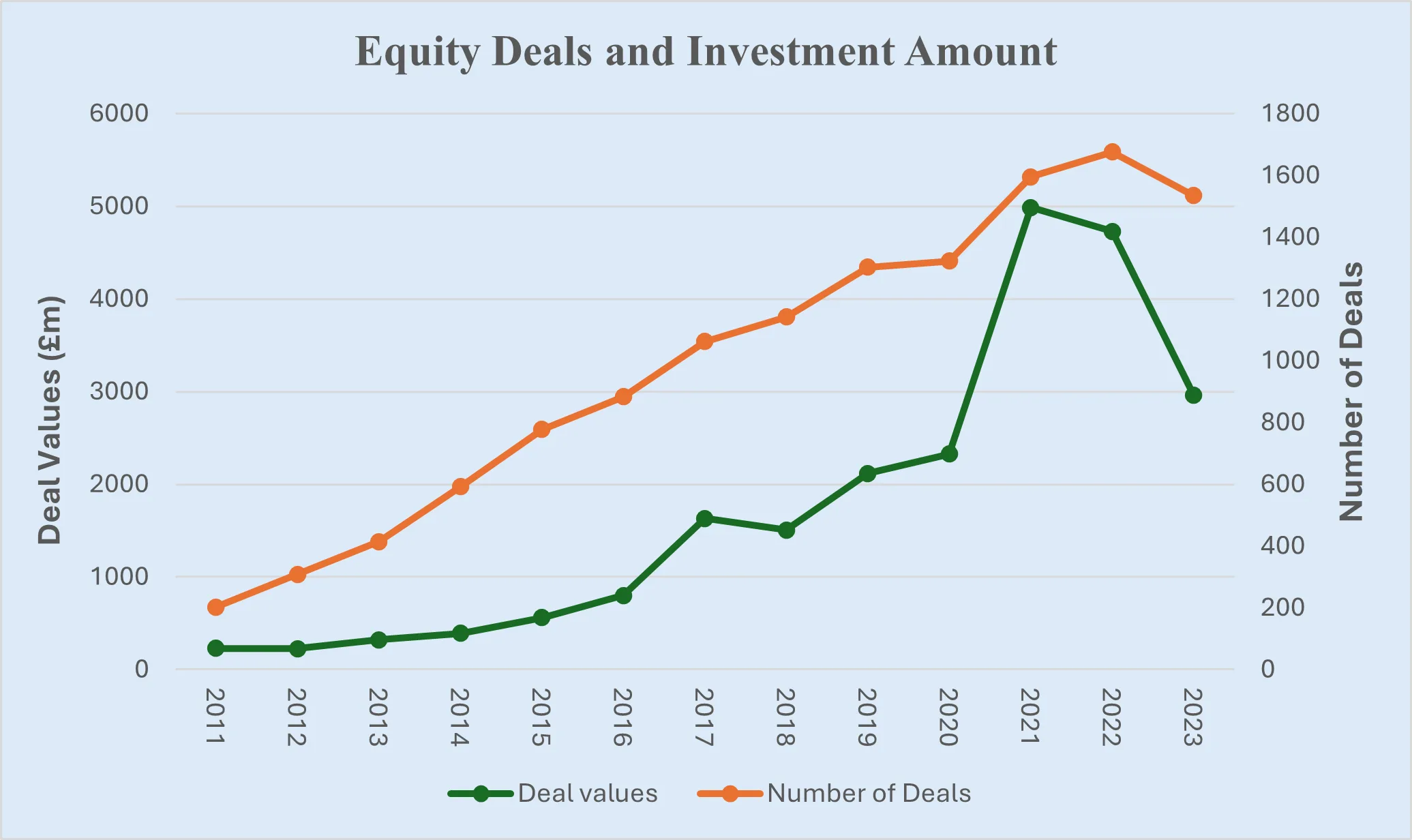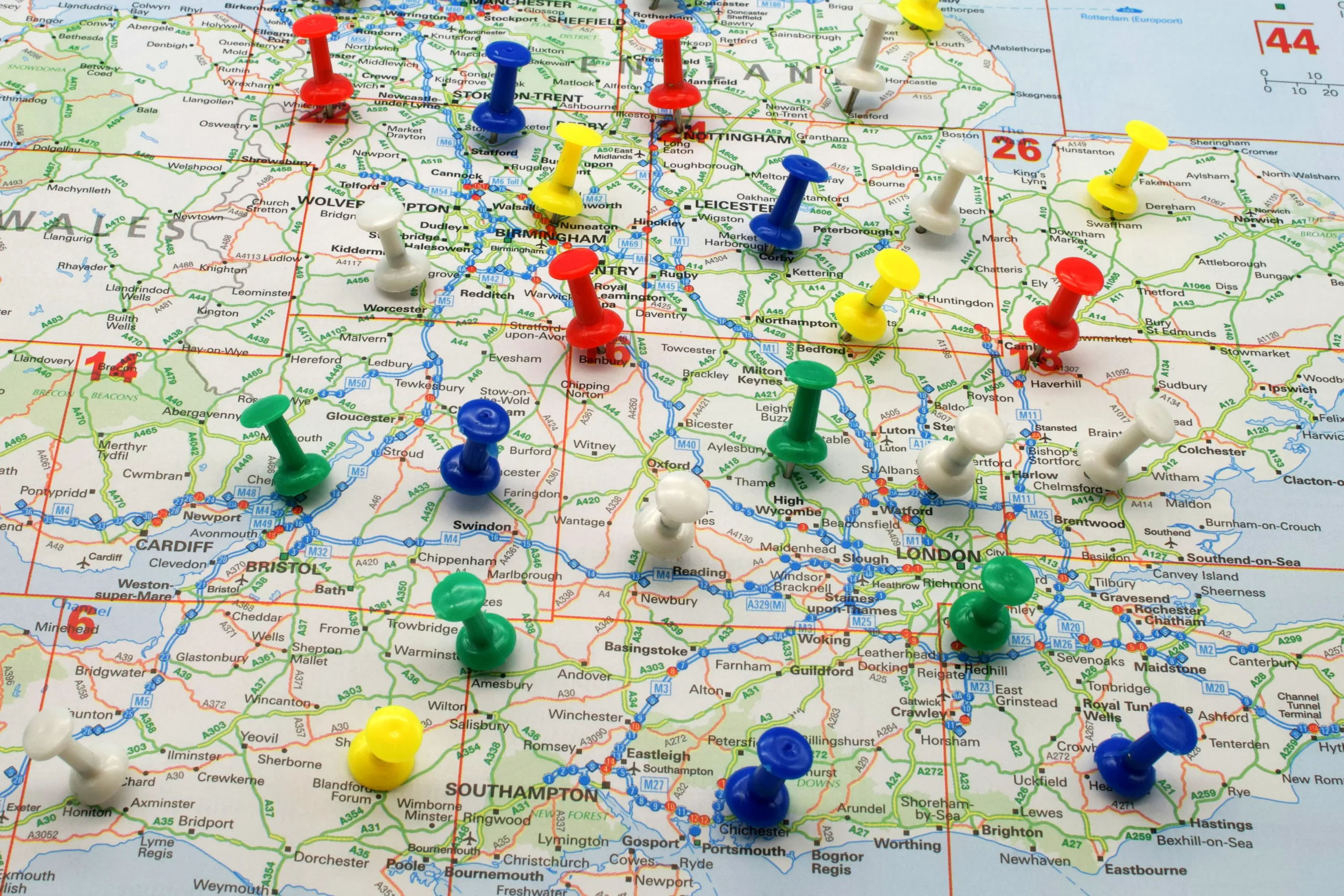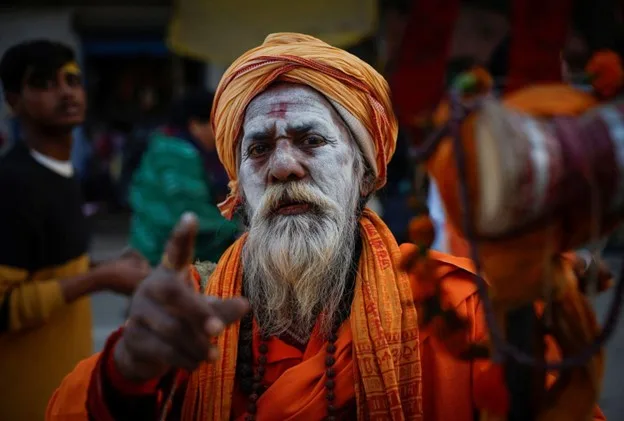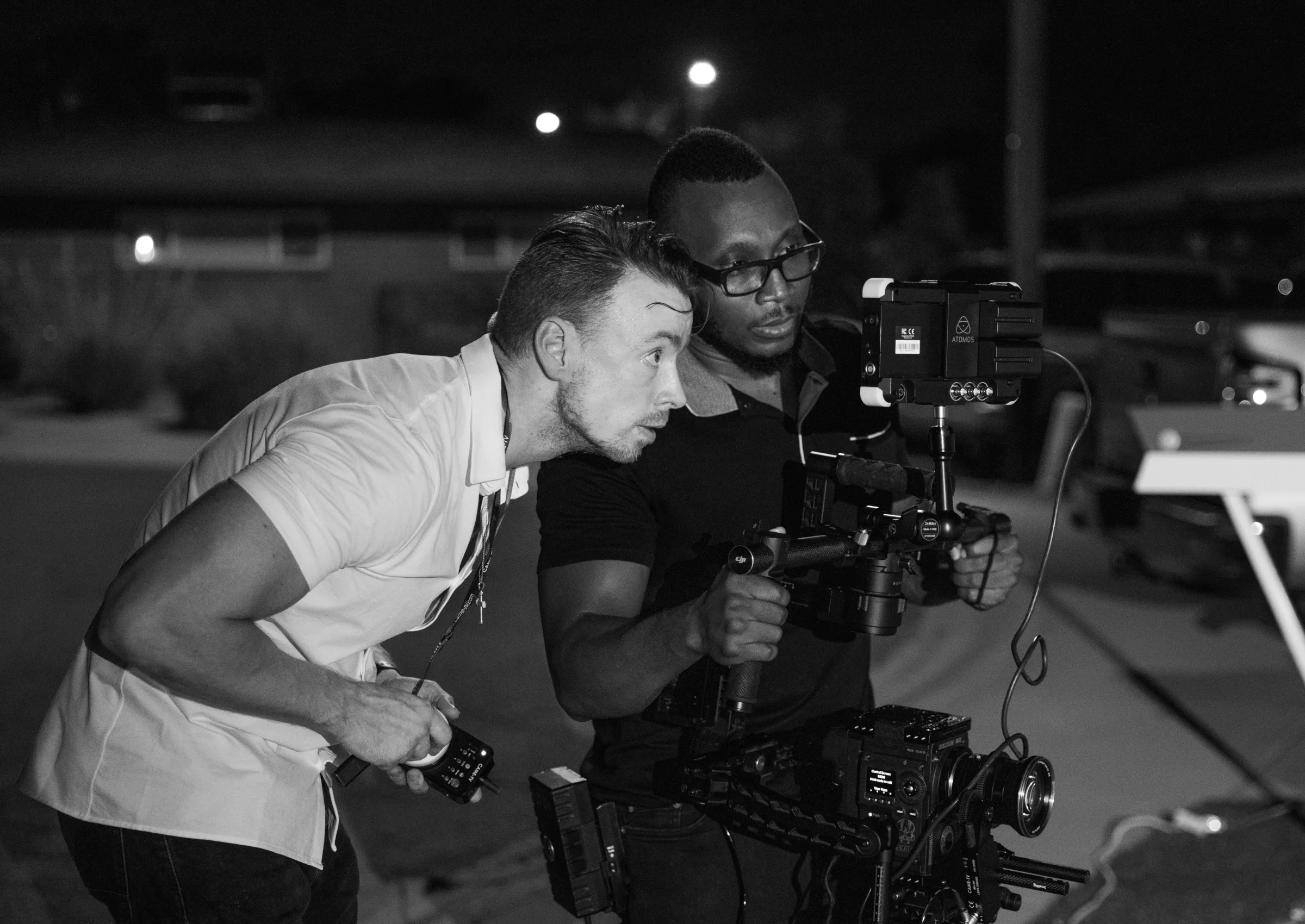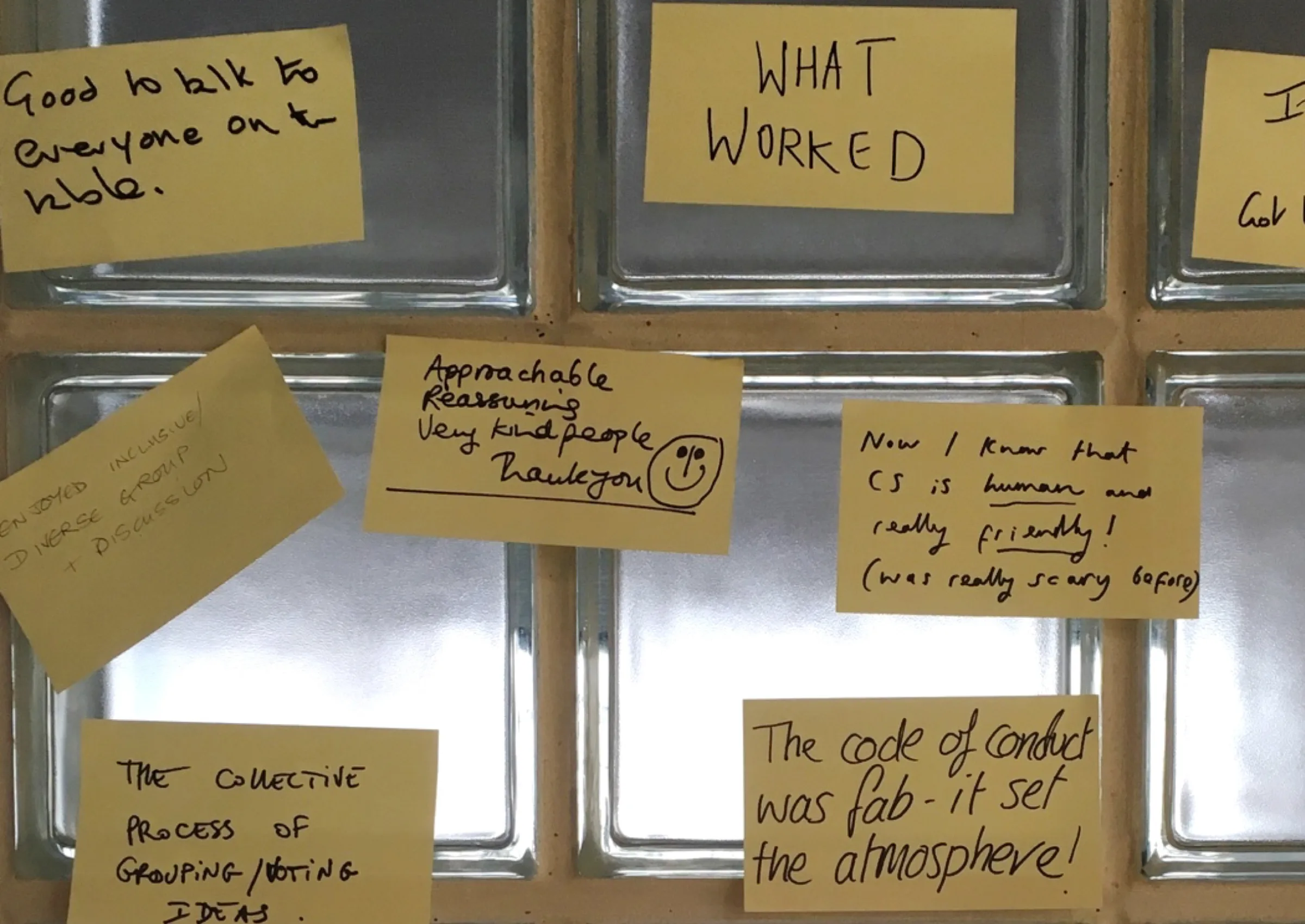Back in October last year, Peter Bazalgette, Chair of ITV, made an inspiring speech where he argued that “the Creative Industries has now come of age.”
Seen as a fledgling sector when it was conceived back in 1997, the UK’s creative industries are now not only world-leading, but they are fully established as an R&D sector – on a par with Life Sciences, Fintech, or Green Energy.
Despite the huge challenges presented by the global pandemic, the Creative Industries have responded with remarkable resilience. The sector has continued to adapt and thrive, bolstered by R&I investment, to develop new ways of thinking and doing.
As the relatively new Head of Creative Industries at the Arts and Humanities Research Council (AHRC), I feel it is a pivotal time to join AHRC. Along with my team and the wider UKRI community our ambition is simple: to utilise the R&I system to help shape the next ‘age’ of the Creative Industries, ensuring that the sector continues to grow and innovate. And what’s so exciting is that this growth is not only valuable to the creative sector itself – but to unlock potential across the UK.
In this blog post, I explore at three key areas where AHRC will continue to foster R&I collaboration, to support the new age of the Creative Industries.
This piece relates to Professor Andrew Chitty’s blog, also published as part of the PEC’s R&D spotlight week.
Upskilling the UK workforce
Firstly, we will continue to work with the creative sector to ensure the UK has the cutting-edge skills it needs to thrive. The creative industries equip the workforce with a range of arts and humanities-based skills – from storytelling to cutting edge skills in XR, VR and AR – which will be vital to ensure the UK workforce thrives in our evolving world.
UKRI’s StoryFutures Academy has been making great strides in this area, fusing cutting-edge R&D with real world application in professional training. Over 1000 people have already gone through StoryFutures Academy training programmes, creating over 170 jobs and unlocking over £3million in co-investment from the private sector.
Through R&I investments and partnerships, AHRC will continue to support and strengthen this vital flow of skills between research and industry.
Creating opportunities across the UK
Secondly, we will continue to focus on investments that drive regional opportunity across the UK. Three years in, our Creative Industries Clusters Programme is already generating huge impact across all four nations of the UK – from bolstering the gaming industry in Dundee, to creating an innovative hub for film and television in Wales. To date, the Clusters programme has created and safeguarded more than 3400 jobs, funded more than 900 businesses or industry-led R&D projects, and generated more than £201.571 million in co-investment, powering national and regional resilience.
And it’s not just diversity of regions that we’re focussed on. AHRC’s Creative Research and Development Partnerships are undertaking a substantial amount of work around equality, diversity, social mobility and inclusion (EDI) across their programmes of activity – from tracking the diversity of funding applications made to implementing EDI policies and strategies. This will continue to be a major priority for AHRC, ensuring that the benefits of Creative R&D are felt by all.
Finding solutions to contemporary challenges
Finally, we will continue to support the creative industries in developing the critical solutions we need to imagine a better future.
Our fashion clusters, Future Fashion Factory and Business of Fashion, Textiles and Technology, are playing a leading role in sector transformation, re-imagining a future for fashion centred on sustainable innovation. Meanwhile, our Dundee-based research and development centre, InGAME, is showing how videogame design techniques, tools and technologies can be used to solve real-world problems – from tackling obesity to managing livestock.
Unlocking potential for sector and society
So, as we enter this new ‘age’ of the Creative Industries, we should see this as just the start for this innovative, resilient and flourishing sector.
As a result of the rich collaborations between research and business, we have begun to see a glimpse of the true power of what the UK’s creative industries can do – not just for the sector – but for us all.
Further information:
- Creative Industries Clusters Programme
- Industrial Strategy Challenge Fund
- Arts and Humanities Research Council The Arts and Humanities Research Council (AHRC), part of UK Research and Innovation, funds internationally outstanding independent researchers across the whole range of the arts and humanities: history, archaeology, digital content, philosophy, languages and literature, design, heritage, area studies, the creative and performing arts, and much more. The quality and range of research supported by AHRC works for the good of UK society and culture and contributes both to UK economic success and to the culture and welfare of societies across the globe.
This blog was published as part of the PEC’s spotlight on R&D week which ran between 14 – 18 February 2022
Image credit: Future Fashion Factory
Related Blogs
Taking stock of the Creative Industries Sector Plan
We summarise some of the key sector-wide announcements from the Creative Industries Sector Plan.
Why higher education matters to the arts, culture and heritage sectors
Professor Dave O’Brien, Professor of Cultural and Creative Industries at University of Manches…
What does the 2025 Spending Review mean for the creative industries?
A read out from Creative PEC Bernard Hay and Emily Hopkins On Wednesday 11th June the UK Government …
Bridging the Imagination Deficit
The Equity Gap in Britain’s Creative Industries[1]. by Professor Nick Wilson The creative industries…
Why accredited qualifications matter in journalism
Journalism occupations are included on the DCMS’s list of Creative Occupations and, numbering around…
All Together Now?
Co-location of the Creative Industries with Other Industrial Strategy Priority Sectors Dr Josh Siepe…
The Mahakumbh Mela, India, 2025
The festival economy: A Priceless Moment in Time Worth GBP 280 Billion in Trade Jairaj Mashru looks …
Class inequalities in film funding
Professor Dave O’Brien, University of Manchester, Dr Peter Campbell, University of Liverpool and Dr …
Creative self-employed workforce in England and Wales
Dr Ruoxi Wang, University of Sheffield and Bernard Hay, Head of Policy at Creative PEC Self-employed…
What just happened to funding for culture in Scotland?
First the facts: Creative Scotland announced the outcome of its new Multi-Year Funding Programme on …
Copyright and AI – a new AI Intellectual Property Right for composers, authors and artists
Background The new technology landscape emerging from the super rapid progress in developing AI, Gen…
